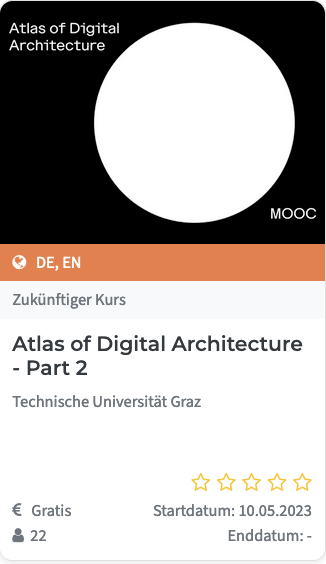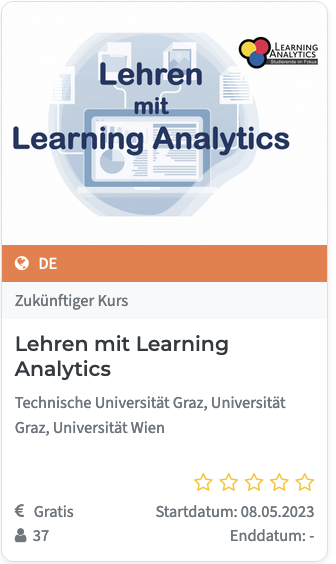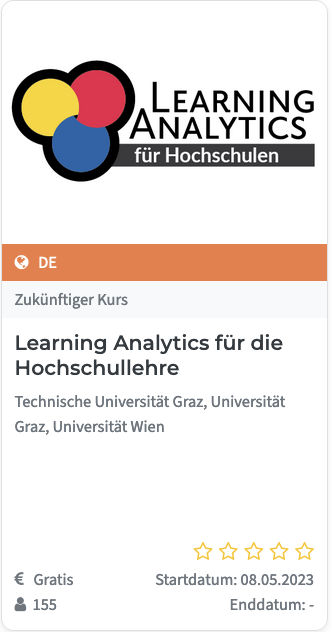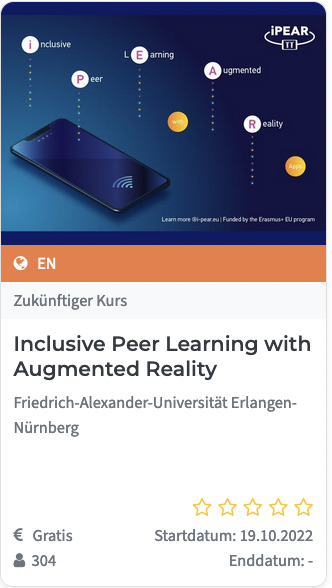Es freut uns, dass nun die Ausgabe 18/1 der Zeitschrift für Hochschulentwicklung zu Massive Open Online Courses und ihre Rolle in der digitalen (Hochschul-)Lehre nun erschienen ist. Wir haben hier versucht Beiträge rund um MOOCs im deutschsprachigen Raum zusammenzubringen und können nun mit Freude neun spannende Beiträge offen zugänglich zur Verfügung stellen. Gleichzeitig haben wir auch das Editorial verfasst, hier gilt ebenso der Dank meinen Mitherausgeber für die viele Arbeit:
Abstract:
Massive Open Online Courses, kurz MOOCs, sind Online-Kurse mit einer großen Zahl an Teilnehmer:innen, die zumeist auf speziellen Plattformen kostenlos zur Verfügung gestellt werden. Mit dem Kurs zur Künstlichen Intelligenz von Sebastian Thrun mit über 160.000 Lernenden fanden MOOCs zunehmend Verbreitung. Spätestens seit der COVID19-Pandemie sind sie nicht mehr aus unserem universitären Hochschulalltag wegzudenken und heute zum Teil integraler Bestandteil von Lehrveranstaltungen. Durch vielfältige Einsatzmöglichkeiten werden so Weiterbildungen, Workshops oder joint lectures unterstützt. Das aktuelle Themenheft rief zu Beiträgen rund um MOOCs auf und erlaubt dadurch einen Einblick in die facettenreichen Entwicklungen. In der aktuellen Ausgabe finden Sie hierzu spannende Beiträge mit Erfahrungsberichten, neuesten Erkenntnissen, Weiterentwicklungen und didaktischen Einsatzmöglichkeiten. Wir laden Sie also herzlich ein, mit uns gemeinsam dieses innovative, zukunftsträchtige und auch nachhaltige Thema weiter zu vertiefen.
[Editorial @ ZFHE Homepage]
[Editorial @ ResearchGate]
Referenz: Ebner, M., Staubitz, T., Koschutnig-Ebner, M., Serth, S. (2023) Editorial: Massive Open Online Courses und ihre Rolle in der digitalen (Hochschul-)Lehre. In: Zeitschrift für Hochschulentwicklung (ZFHE), 18/1, S. 9-15









